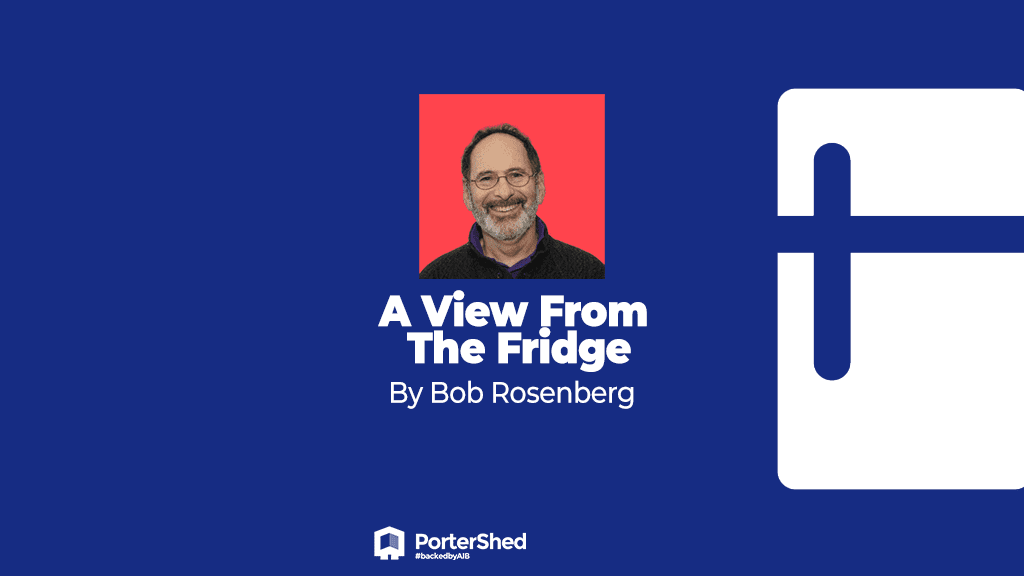When John F.Kennedy (JFK) won in 1960 (yes, I’m that old) and Lyndon Baines Johnson (LBJ) succeeded him, us Democrats had reason to puff out our chests. Even at the age of seven, it was clear to me that the Ds were this smart, cool party that was going to bring post-war science (including management science, most visibly in the form of Robert McNamara, then President of Ford Motors) to transform government and the country. To create, in LBJ’s fateful words, a Great Society.
The coolness? JFK’s team included young, smart Mad Men and pollsters who, behind the scenes, took on media communications, namely television and media conglomerates, to craft the image of a young, charismatic candidate, who was linked to everyone from Marilyn and the Rat Pack to Robert Frost and the Irish brotherhood.
The media campaigns of 1960 and 1964 made the Republicans seem even older and stodgier.
So why do us Democrats feel so old and dumb and defensive today? Why are we more NASA, less Elon Musk?
My hypothesis: it’s all about vision, communications, and the aged audience – me.
This morning’s on-line headline said it all:
“Biden relishes using LBJ’s favourite tactic, bringing congressmen to the White House for a little elbow twisting.”
Hopefully Biden’s not talking to congressmen and congresswomen while he’s on the White House commode, a legendary LBJ power move.
Why do Democrats seem mired in the 60s? Maybe it’s the policies they espouse – that big government has worked, can work – that ring hollow, even to the Old Left. And how they communicate.
The ‘experts’ proposing big government in the ‘60s had the advantage of very limited media outlets (a handful of TV/radio networks and print), which meant that the public could be spoon fed information. It was easier for an expert to wrap himself in reputation and manipulate the editors and presenters of the news that was available as part of a 24-hour news cycle.
Think Viet Nam.
Experts don’t play so well on the interwebs. Democratic messaging feels generations behind, ill-considered, wrong-headed, sometimes cringeworthy. When Democratic news drops, it feels as if the communicators are clinging to the hope that the era of newspapers and the three major networks is going to come back and all of this will be an unpleasant memory.
A notable exception: Jen Psaki, who is a welcome breath of fresh air, candor, and skill. Bless you, Jen.
On to the vision thing: can you remember a national Democratic leadership espousing bold new policies? New ways of radically simplifying/improving government services and paperwork? Or using the internet to transform education/retraining, to empower individuals? Or AI/robots that can transform manufacturing or housing or healthcare or a thousand other things?
Shouldn’t the Democrats be the party of vision, of technology and change in the service of social betterment?
All too often Democrats shy away because we’re fearful that sensitive constituencies might be offended. Democrats can cosy up to behavioral economics and the incremental changes that Richard Thaler’s ‘nudging’ can effect. But when it comes to real change, real disruption, left-leaning audiences grow itchy (for more on this critical point, check out ‘The Grace of Great Things’ by Robert Grudin).
And decentralization, which is at the heart of 21st century sciences (complexity and network theory in particular) means loss of control. Centralized power is fragile, to use Nicholas Taleb’s term. Taleb was an early tell; academia rejected him out of hand because he was a trader, not a scholar, and because he was dismissive of the quality of academic research. It didn’t matter that George Soros was an early adopter of Taleb’s investment theories.
These sciences raise questions about deeply-held Democratic beliefs based in a paternalistic ‘trust us’ stance.
‘Trust us’ worked in an era of crafted messages and Walter Cronkite. It doesn’t work on TikTok or Twitter. Expertise is leveled by the Internet and the second-by-second evolution of news and facts that is our current reality. Truth is more gray, more subjective, more transitory than we had once believed. And for that we have 20th century math and physics, in particular Kurt Godel’s 1931 incompleteness theory to thank (as well as Douglas Hofstader and his book Godel, Escher, Bach, way back in 1979).
We stand a little dumbfounded as Trumpistas attract growing numbers of minority voters despite all the anti-immigration rhetoric and code word doublespeak/hand gesturing. It’s about communicating authenticity, not truth (even if Trump and his ilk are completely inauthentic). They are busy punking traditional journalism.
Kennedy won by winning the East and the Midwest and what was left of the Dixiecrat south – a loose coalition led by a huge US labor movement. Today unionism is a shadow of what it was. More than 55% of the U.S. population lives in five states in the South and West (AZ, CA, FL, GA, TX) – and the ‘Rona has only increased the speed of exodus from formerly Democratic strongholds of the East and Midwest.
For Democrats to find their new mojo its going take new ideas, new vision, and messaging that fits the times. Obama was pitched as a transformational character, but he was freighted (the first African American to serve, the financial miasma) and too academic, too much the ‘smart guy’. Perhaps too ‘White’, too measured, not authentic enough.
He was our Great, Gray Hope. Alas.
Cruz, DeSantis, Trump, and their ilk speak as if they are dumb, and they play dumb to the camera and the crowd – and to the tastes of modern communications. These are very smart men who went to the best schools and know exactly what they are doing in a world that values authenticity over smarts.
Alas, McLuhan was right (back in the 60s) that medium IS the message.
So my conclusion and prescription? As Walt Kelly said via Pogo: “We have found the enemy and he is us”. An enfeebled Biden talking to the congresspeople and fellow Democrats as if it’s still the 60s. He’s playing to his audience and the audience is us. Us duffers of this baby boom generation need to get out of the way, or at least open the doors to see which way the wind is blowing.
And you don’t need a weatherman to tell you that.
Until we unhitch from our history – and take off the blinders – we’re going to have to content ourselves with over-expensive NASA rockets to nowhere and Richard Thaler nudging at the margins.
Thanks for listening.


Bob Rosenberg
Educator (Associate Professor) / Entrepreneur / Leader of angel
communities /Entrepreneur in residence at PorterShed
and BioExcel / Rarosenberg@gmail.com


